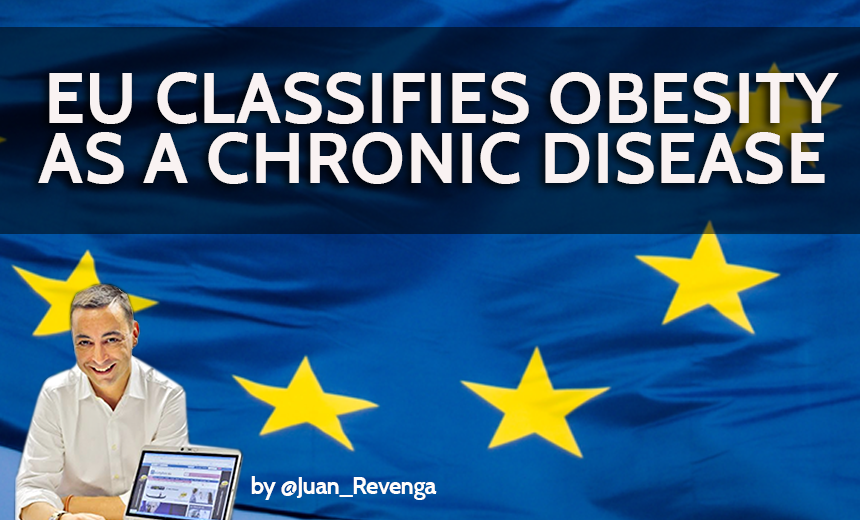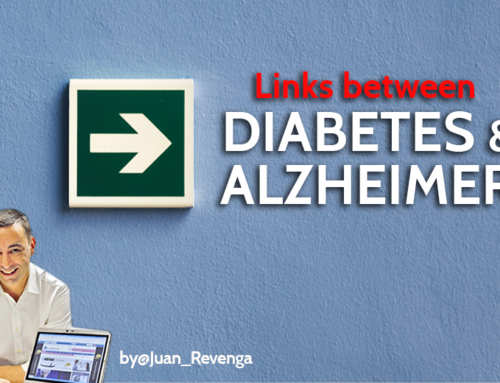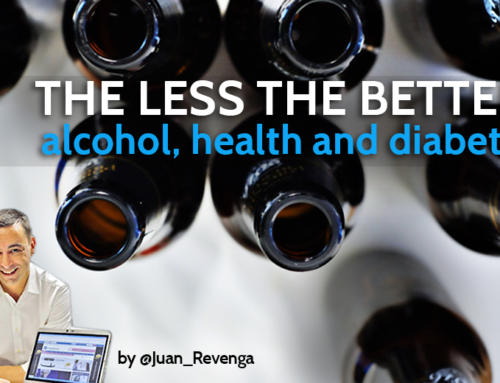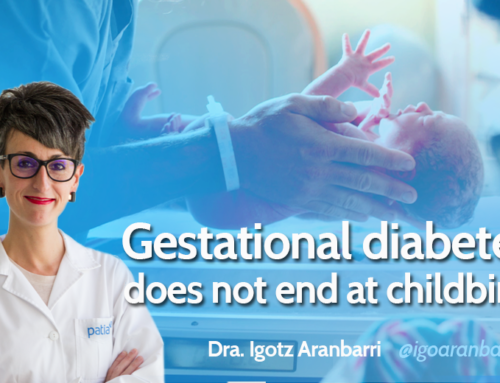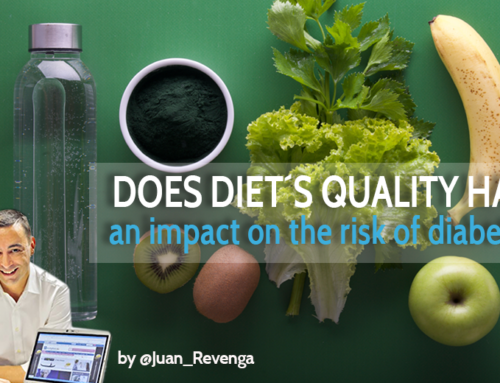European Union classifies obesity as a chronic disease
The European Commission has just listed obesity as a chronic and recurrent disease that, in turn, acts as a gateway to other non-communicable diseases, such as diabetes, cardiovascular disease and cancer
Whether or not obesity is seen as a disease is not a trivial matter. There are quite a few people, including many leading health professionals for whom obesity is just the result of a certain lifestyle characteristic of people who are poorly disciplined, self-indulgent, lazy, and, to put it colloquially, fat-guzzlers. It is not surprising that the fat-phobic stigma has been installed in our environment as a form of socially acceptable discrimination.
Consider obesity as a disease
If obesity is defined as a disease in the environment of a so-called first world country, the economic consequences will be significant. The human and economic resources that will have to be allocated to prevention and treatment are expected to be especially high if we take into account the alarming obesity figures in our environment. Without going any further, in Europe, it is estimated that nearly 59% of the adult population is obese or pre-obese. Thus, the total cost of obesity in adults in the EU has been quantified, estimated at around 70,000 million euros per year in 2016. This includes direct healthcare costs and lost productivity. In other words, about 7% of each country’s national budgets are spent each year on the treatment of non-communicable diseases associated with obesity.
The long history of obesity as a disease
Obesity made its debut in the International Classification of Diseases in 1948 and went virtually unnoticed. In 1997, it was the WHO that recognized it as a chronic disease. Portugal did the same in 2004, followed by Italy in 2019. In between and in 2013, the American Medical Association passed a motion defining obesity as a “pathological state with multiple pathophysiological aspects”. Undoubtedly, this decision by the American medical community marked a turning point, a key milestone, in the progress towards the acceptance of obesity as a disease and in the advance towards evidence-based approaches to its prevention and treatment.
In this context, and I can say no other than that – in my modest opinion – the EC has taken a position on this issue sooner rather than later, although at least it has done so in a rather forceful manner. Beyond attributing to it the status of being a disease, the most interesting and significant part of this report lies in the nuances it attributes to it by qualifying it as “chronic” and “recurrent”, two very important nuances.
For those who do not know, a disease has the character of “chronic” when it is considered to be a long-term health problem that may or may not be curable. At this point, it is also important to be clear about the concepts of cure and treatment and to know that, even if a disease has no cure, it does not mean that it has no treatment.
Also important, as I was saying, is the nuance of “recurrent” which, as one would expect, applies to those disorders that come back again and again, or that manifest themselves from time to time.
Fortunately, I believe that, although difficult, there is a growing awareness of obesity in all its magnitude. Knowing that, although it is true that the ultimate gesture of taking a bite to eat or the ultimate decision to be more or less active is an individual decision, it is impossible that the increase in obesity in the world is due to a sum of personal decisions. As I made clear in this entry when I stated that in terms of the causes of obesity, no one is alone and no one is probably to blame.
Latest posts by Juan Revenga Frauca (see all)
- Obesity recognized as a chronic disease - 13 October, 2021
- Who said you have to eat everything? - 7 October, 2021
- Diabetes and Alzheimer - 29 January, 2021



